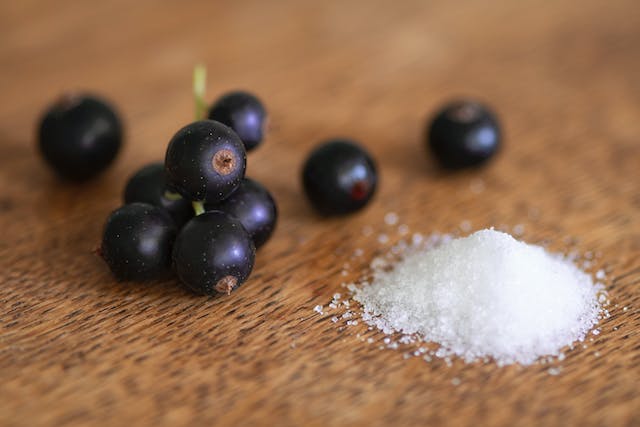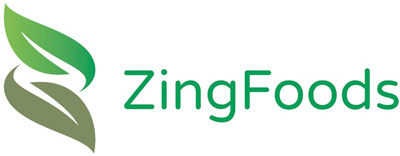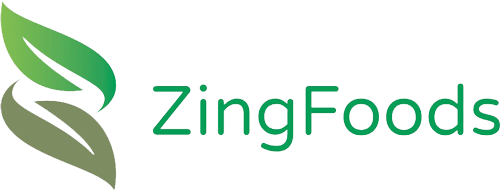Currently Empty: ₦0.00
10 tips to cut down salt

High blood pressure, or hypertension, is a common health concern affecting millions of people worldwide. One of the key contributors to elevated blood pressure is excessive salt intake. Reducing salt in your diet can play a crucial role in managing hypertension and promoting overall cardiovascular health. Here are some easy and practical ways to cut down on salt without sacrificing flavor.
Limit Processed Foods: Processed foods, such as canned soups, pre-packaged snacks, and ready-to-eat meals, are often laden with sodium. Choose fresh alternatives and cook meals at home whenever possible. This allows you to control the amount of salt in your dishes.
Read Food Labels: Get into the habit of reading food labels to identify high-sodium products. Go for products labeled as “low sodium” or “no added salt.”
Cook with Less Salt: Gradually reduce the amount of salt you use in your cooking. Your taste buds will adjust over time, and you’ll become accustomed to lower-sodium flavors.
Use Herbs and Spices: Herbs and spices can add depth and flavor to your meals without the need for excess salt. Experiment with garlic, basil, rosemary, thyme, and other herbs to create delicious and satisfying dishes. Additionally, lemon, lime, and vinegar can provide a tangy flavor without contributing to high sodium levels.
Choose Lean Proteins: Opt for lean protein sources like poultry, fish, and legumes instead of processed and salted meats, which can contribute to higher sodium levels. These processed meats include sausages, hot dogs, ham and bacon.
Avoid Salty Snacks: Snack on unsalted nuts, fresh fruits, and vegetables instead of reaching for salty snacks like chips.
Rinse Canned Foods: If you use canned goods, such as beans or vegetables, rinse them thoroughly before consumption. This helps remove excess salt from the surface.
Portion Control: Controlling portion sizes can contribute to lower sodium intake. Even if a food item is low in sodium per serving, consuming large quantities can add up. Be mindful of your portions to keep your salt intake in check.
Stay Hydrated: Drinking plenty of water helps flush excess sodium from your body. Adequate hydration is essential for overall health and can complement your efforts to reduce salt intake. Aim for gla of water a day
Plan Your Meals: Plan your meals ahead of time to avoid last-minute, high-sodium food choices. This allows you to make thoughtful, health-conscious decisions about what you eat.



